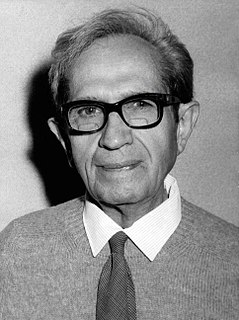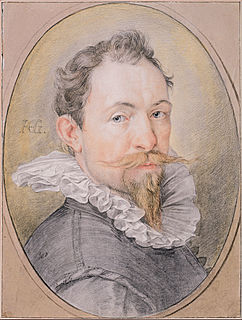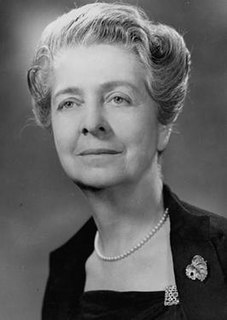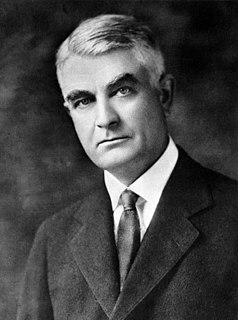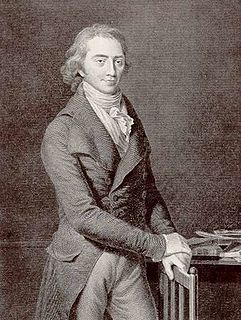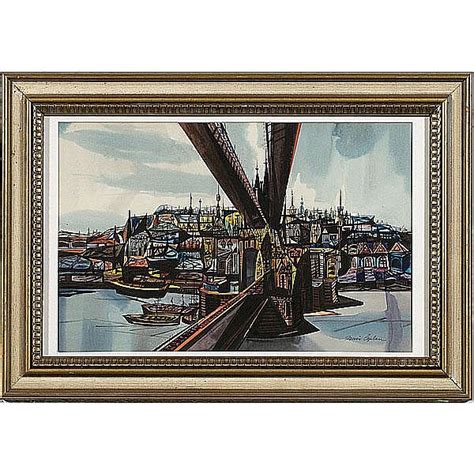A Quote by Albert Claude
This familiarity with a respected physician and my appreciation of his work, or the tragedy I experienced with the long, tormented agony and death of my mother might have influenced me in wanting to study medicine. It was not the case.
Related Quotes
He loved me. He'd loved me as long as he he'd known me! I hadn't loved him as long perhaps, but now I loved him equally well, or better. I loved his laugh, his handwriting, his steady gaze, his honorableness, his freckles, his appreciation of my jokes, his hands, his determination that I should know the worst of him. And, most of all, shameful though it might be, I loved his love for me.
During the summer months of my high-school years, I befriended Dr. Robert Kough, a physician who cared for members of my family. Although he was practicing general medicine in a rural community when I met him, he was well equipped to arouse in me an interest not only in the life of a physician but in the fundaments of human biology.
If you know what you're looking for, the illustrations might give you a tip about what is coming in that section. But it takes a lot of study and familiarity with the work for anyone to really "decode" it, and there are also images that are just thematically important, and not necessarily pointing to specific poems, so mainly it was just a fun puzzle for ourselves.
Cot-death is no longer a problem of clinical medicine, but is one of medical politics. We have long had the knowledge and experience as to how these unnecessary deaths can be avoided. In the meantime.. to prevent your offspring from becoming a SIDS statistic just make sure that its daily intake of ascorbate from conception on is sufficient. Under this regime the neonate is so robust and healthy that there has never been a case of SIDS among these ascorbate corrected infants, not even a case of respiratory distress during birth.
I thought what if death is more like thinking, well, war is like the boss at your shoulder, constantly wanting more, wanting more, wanting more, and then that gave me the idea that Death is weary, he's fatigued, and he's haunted by what he sees humans do to each other because he's on hand for all of our great miseries.
I first read Freud's famous case study on hysteria based on his client Ida Bauer when I was in my twenties. It pissed me off so badly it haunted me for 25 years. But I had to wait to be a good enough writer to give Ida her voice back. And I had to go get my own first too. I not only know the case study inside and out, like most women, I lived a version of it. Maybe it's time for us to tell our versions.
